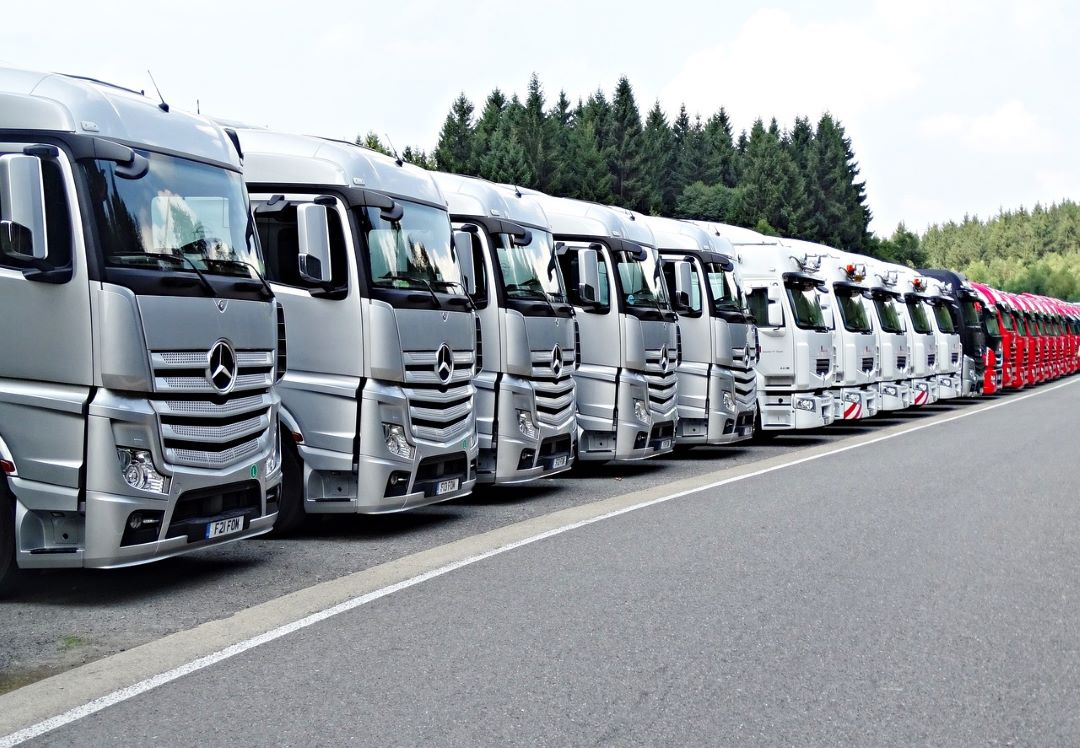The Production-Linked Incentive (PLI) scheme for the automobile and auto components industry has achieved a significant milestone, attracting ₹20,715 crore in investments and generating ₹10,472 crore in incremental sales as of September 2024. The first round of incentives under this initiative is set to be disbursed in FY 2024-25.
The Ministry of Heavy Industries reported that 82 applications out of 115 received have been approved. These applications are expected to result in investments totaling ₹42,500 crore, incremental sales of ₹2,31,500 crore, and the creation of 1.4 lakh jobs over five years. The scheme, with a budget of ₹25,938 crore, is designed to boost the production of advanced automotive technology (AAT) products, address cost disadvantages, and develop a robust supply chain.
The Production Linked Incentive (PLI) initiative runs from FY 2023-24 to FY 2027-28, with incentives provided between FY 2024-25 and FY 2028-29. It offers incentives of 13-18% for electric vehicle (EV) and hydrogen fuel cell components, and 8-13% for other Advanced Automotive Technology (AAT) components, fostering innovation and growth in the green mobility sector.
Launched in 2019 with an allocation of ₹11,500 crore, the Faster Adoption and Manufacturing of Hybrid and Electric Vehicles (FAME-II) scheme has allocated ₹8,844 crore by October 2024. This includes ₹6,577 crore for subsidies and ₹2,244 crore for infrastructure development. To date, 16.15 lakh electric vehicles (EVs) have benefited, including over 14.27 lakh two-wheelers and 5,131 buses. Additionally, 10,985 public charging stations have been sanctioned.
The PM E-DRIVE Scheme, launched on October 1, 2024, with a budget of ₹10,900 crore, aims to advance green mobility and bolster the EV ecosystem in India. It allocates ₹3,679 crore to subsidize 28 lakh electric vehicles, ₹4,391 crore for procuring 14,028 e-buses, and ₹2,000 crore to establish a nationwide network of fast chargers, driving the country toward a more sustainable and eco-friendly transportation future.
The Scheme to Promote Manufacturing of Electric Passenger Cars (SMEC) focuses on domestic value addition and capped imports at reduced customs duties. The Advanced Chemistry Cell (ACC) Battery Storage initiative, with a ₹18,100 crore allocation over seven years, aims to strengthen India’s battery manufacturing ecosystem. These efforts collectively underline the government’s commitment to transforming India into a global hub for EV production and advanced automotive technologies.








